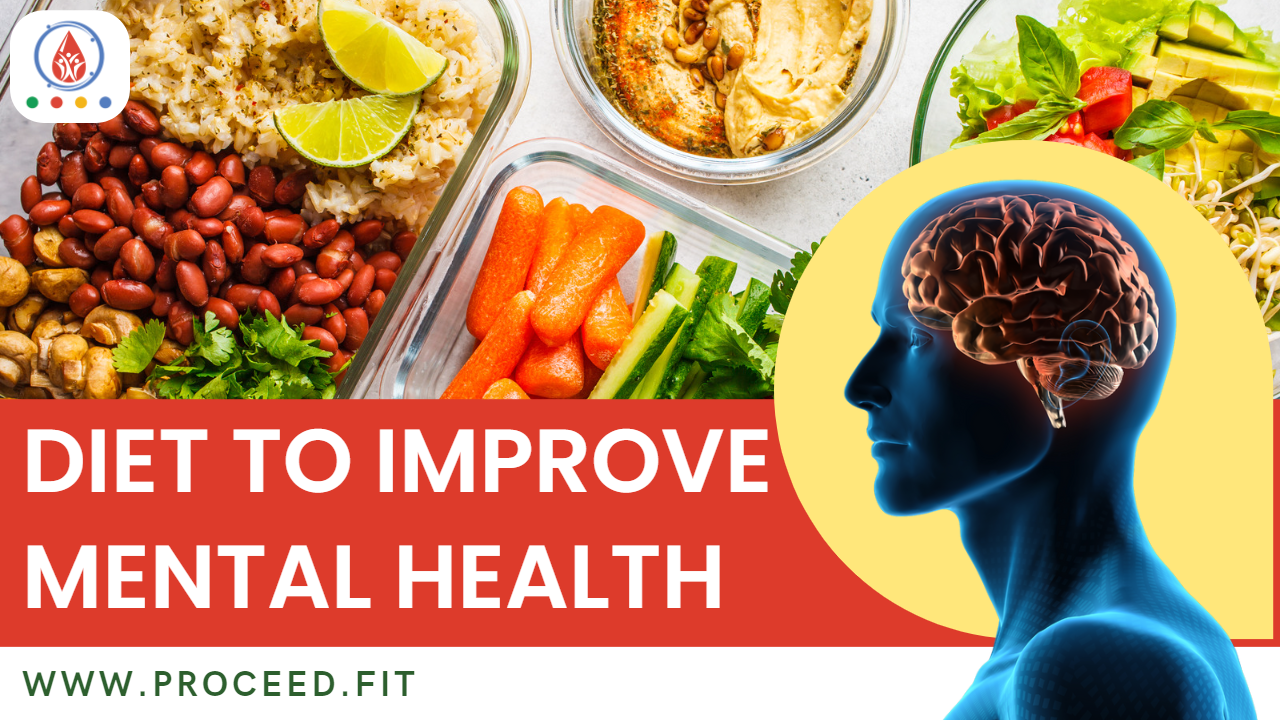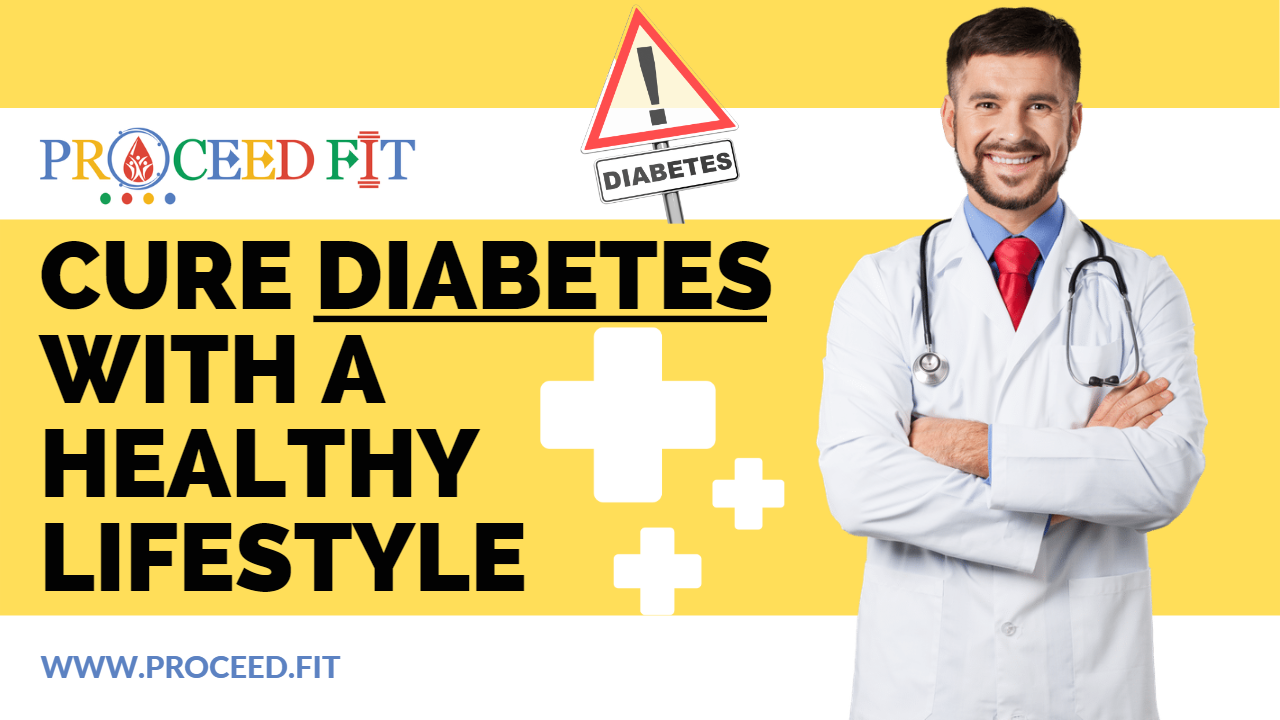
Pros and Cons of Intermittent Fasting
Nutrition and Diet Sep-14-2022 0Intermittent fasting has become a very popular and most practiced way of weight loss journey. It is a trending pattern in the healthcare industry. Intermittent fasting helps in managing appetite, bringing discipline to your eating patterns and maintaining weight and also aids in losing extra kilos.
Subscribe now to get the latest health-related information on our youtube channel.
What does intermittent fasting mean?
Intermittent fasting is not about what you eat, but it is about when to eat. It divides your day into 2 slots namely the eating window and the fasting window. As per the norms of intermittent fasting, you are supposed to eat in the eating window only.
You can consider intermittent fasting as a disciplined routine that switches between eating and fasting schedule. It helps in managing diet and may aid in reversing certain diseases. It is also known to have the following reversal cases of diabetes. It promotes fat burning in the body.
Why intermittent fasting has become so popular these days?
These days, television, internet, and other options of entertainment like social media platforms, OTT platforms, etc are accessible 24/7. This had cultivated in us the habit of staying awake for longer hours binging on shows, chatting, or playing games. Being awake late at night, we usually snack on all the unhealthy items.
Putting on extra calories means an invitation to obesity, diabetes, and various other health conditions. Intermittent fasting has proven to help reverse and prevent these health-related issues, as this restricts you from consuming calories for a long period of hours.
The question that might be arising in your mind is whether we have to refrain from everything during the fasting window! A simple answer to this is “No”. Few drinks like calorie-free drinks, water, and coffee are allowed during the fasting window. Drinks with calories and solid food are not permitted.
What are the various intermittent fasting methods?
There are five popular patterns you can adopt as a part of intermittent fasting
1. Time-bound eating - It involves dividing the day into 2 slots. A very popular division is the 16/8 method featuring, 16 hours of fasting window and 8 hours of eating window. 8 hours eating window can be divided into 3 to 4 meals easily. 12/12 division is also followed by many people, especially beginners.
2. The 5:2 diet- This method does not divide a day into slots but a week into eating and restricted eating window. It involves eating for 5 days of the week and for the remaining 2 days of the week, calorie is limited to just 500-600.
3. Eat stop and eat pattern- It means fasting for continuous 24 hours once or twice a week.
4. Alternate day method- This involves fasting every other day. Meaning, eating one day and fasting the next day.
5. Warrior diet- This is among the popular methods of intermittent fasting. It means eating a small amount of raw vegetables and fruits during the day and having one large meal for dinner.
Let’s discuss the Pros and Cons of intermittent fasting.
The Pros :
Many health benefits have been linked with intermittent fasting. It has become part of a healthy life schedule, so well that the model has become ideal for a sustainable long-term diet. These are the few benefits intermittent fasting holds in it:
1. Improved metabolic health and weight loss- Metabolic health and management of weight are the two main reasons for opting for intermittent fasting. Metabolic health shows how healthy our body internally. How well it maintains blood pressure, fat levels, and sugar levels in the body.
2. Fasting creates a calorie deficiency in the body, thus maintaining weight and body burns that extra accumulated fat in the body to make energy. This accelerates the process of weight loss. It is a calorie-restricted diet that relies on limited daily calorie intake improvising the metabolic functionality of the body. The 16/8 method is directly contributing to weight loss.
3. Suppressing feelings of hunger- Intermittent fasting being restrictive in nature, trains our body to eat less and feel less hungry more often. It increases the feeling of fullness and prevents munching every now and then.
4. Simplified lifestyle- It helps in simplifying your day-to-day routine as you have to plan and cook fewer meals in your day. It provides you relief from counting your calories every now and then. You don’t have to eliminate the food you enjoy from your diet, it is just you have to see when you are eating it.
5. No need to buy a special diet- It is not about what you eat but about when you eat so you don’t need to buy anything special to maintain your diet. It fits well in with the food you enjoy eating.
6. Reduced inflammation- Intermittent fasting helps in calorie restriction which in turn reduces inflammation levels in the body.
7. Lowering down the cholesterol level- According to a study, intermittent fasting also helps in managing and lowering the cholesterol level in the body. Low cholesterol level reduces the risk of heart disease and strokes.
Apart from these, there are many other benefits of intermittent fasting like
- Boosting brain function
- Lowering blood pressure
- Reduced insulin resistant
- Active lifestyle
- Better sleep at night.
Though intermittent fasting carries many benefits, it doesn’t mean it has no cons with it.
Benefiting many people, intermittent fasting may have certain downsides too. It may not the right choice for every person.
The cons :
A few of the cons are:
1. Cravings- Because of being hungry for a long duration, tends to create an urge of hunger and cravings. When you reduce your calorie intake for a long period you experience hunger. In the initial days of fasting, cravings are more.If you are not disciplined with your fasting you can end up eating even more than you normally eat.
2. Headaches- It is a very common side effect of intermittent fasting. Hunger gives rise to headaches and sometimes it becomes irritating. Headaches tend to occur because of caffeine withdrawal and low blood sugar during the fasting window.
3. Digestion disturbances- Intermittent fasting can disturb your digestion. It can create many issues like constipation, diarrhea, and bloating. If consuming less water it can result in dehydration thus constipating your intestines. Choosing nutrient-rich food is very important while fasting.
4. Mood swings- Increased hunger and cravings lead to more mood swings. Calorie restriction leads to anxiety and poor concentration. Self-control is very important in the case of intermittent fasting.
Apart from these, there are many other possible side effects of intermittent fasting that might appear from person to person.
These can be:
- Sleep disturbances
- Bad breath
- Low energy
- Malnutrition
- Fatigue
A few more things to keep in mind while choosing intermittent fasting are:
1) If you are a pregnant woman or if you are breastfeeding your child, avoid intermittent fasting or take medical advice.
2) Young children are advised not to go for intermittent fasting.
3)Those with a history of traumatic brain injury are not advised to opt for intermittent fasting.
Before choosing intermittent fasting its important to understand your goals and take professional advice from a Nutritionist or your Doctor. Remember, it is not the only way to healthy and fit life; it is just one of the methods to adopt to bring discipline in your eating patterns.
Note : The information provided here is for general informational purposes only and is not intended to be a substitute for professional medical advice, diagnosis, or treatment. If you have any concerns about your health or are experiencing symptoms, it is important to consult with a healthcare professional. They will be able to assess your specific situation and provide you with personalised advice and treatment based on your symptoms, body type, allergies (if any), existing medical conditions etc. It is always a good idea to consult with a healthcare professional before making any decisions about your health.


_.png)
_.png)


_(1)_1.png)
_1.png)
_1.png)
_(1)_1.png)











Sorry! You can't submit a comment without logging in first. If you have a general question, please email us at [email protected]
0 Comments